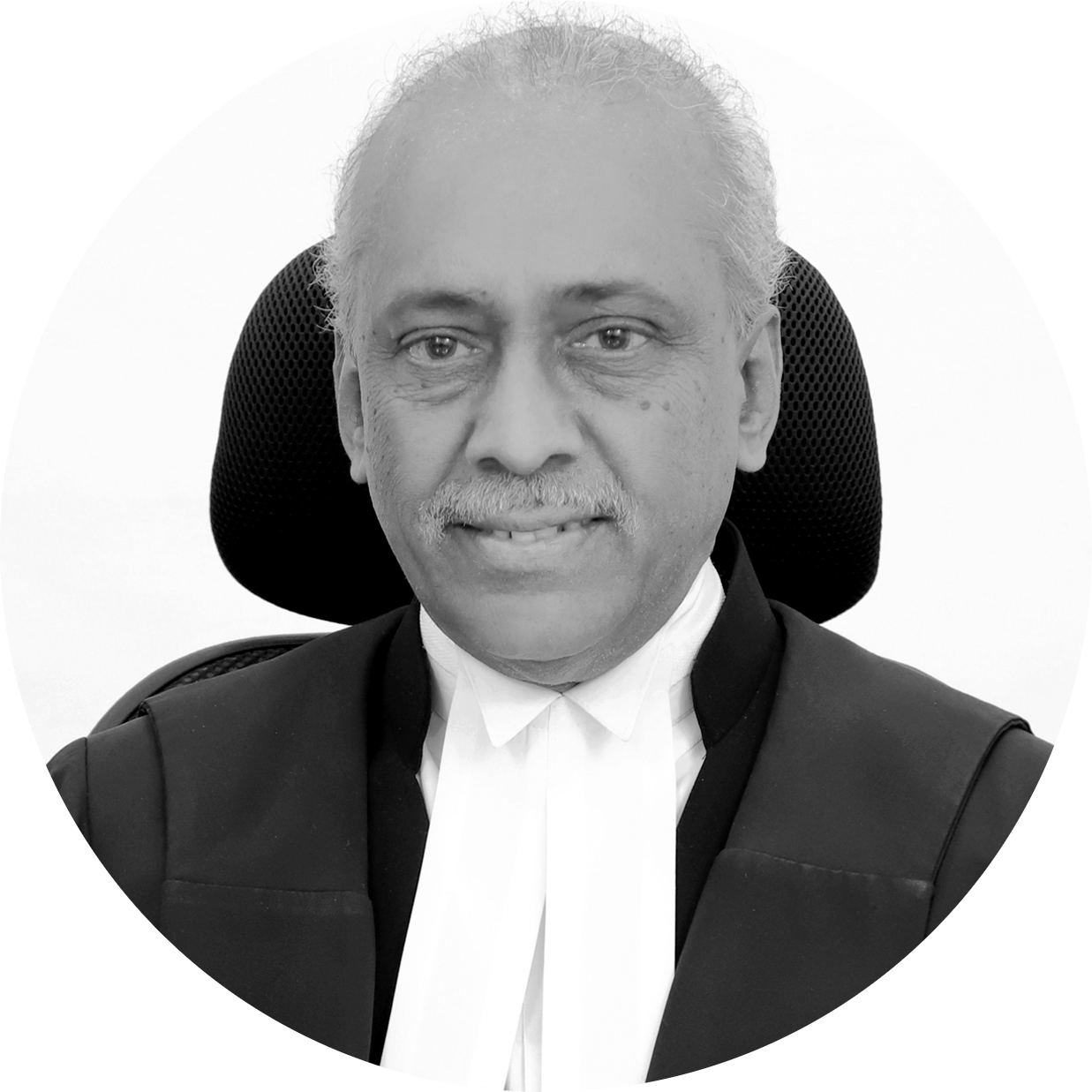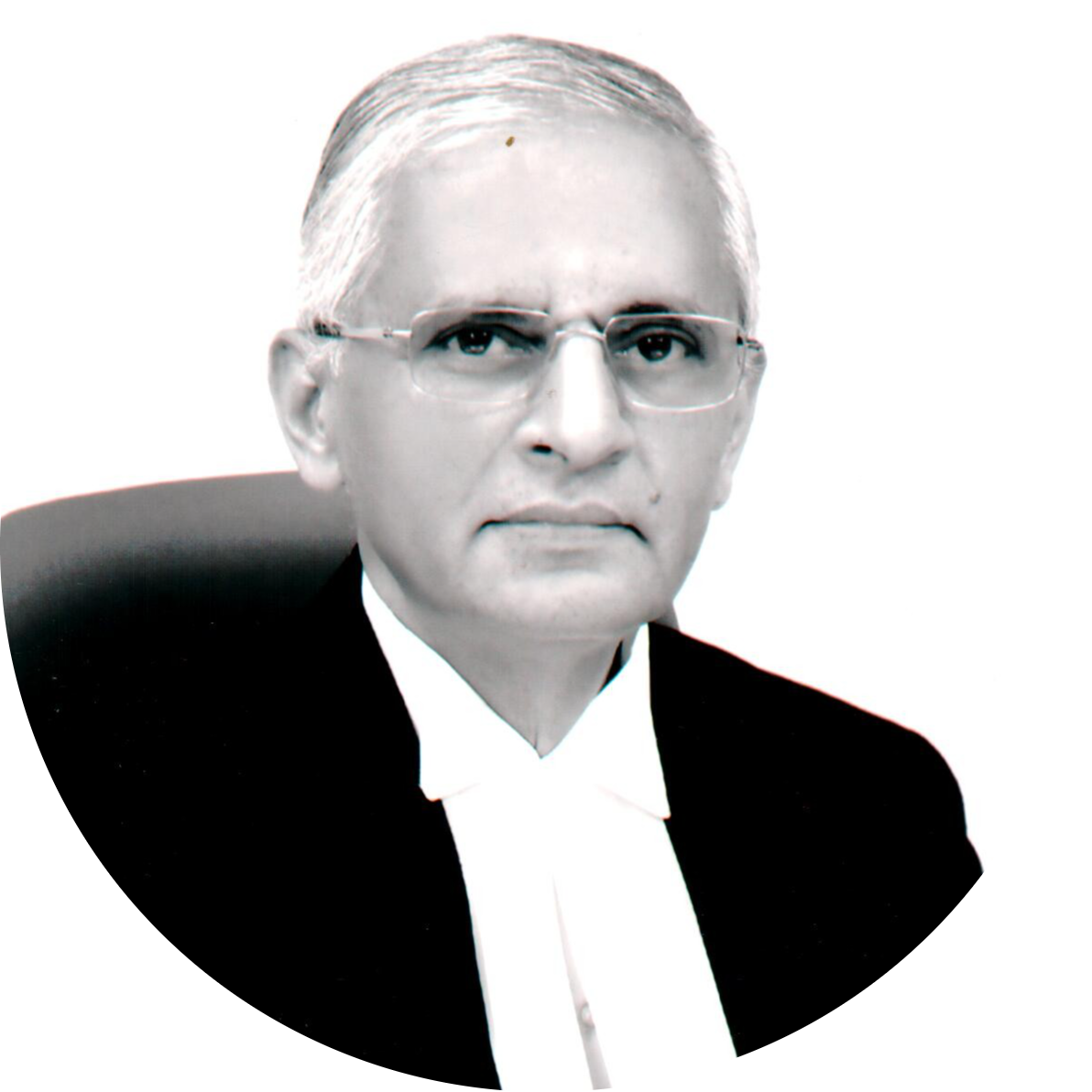Uniform Adoption and Guardianship
Ashwini Kumar Upadhyay v Union of India
The Supreme Court will decide whether the laws on adoption and guardianship must be uniform, disregarding the religion or gender of persons involved. The Court's decision is likely to contribute to national discussions about a Uniform Civil Code.
Pending
Parties
Petitioner: Ashwini Kumar Upadhyay
Lawyers: Anjana Prakash; Geeta Luthra; Ashwani Kumar Upadhyay; Ashwani Kumar Dubey; Manish Kumar
Respondent: Union of India
Lawyers: Tushar Mehta; B.V. Balaram Das
Case Details
Case Number: WP (C) 1000/2020
Next Hearing:
Last Updated: November 28, 2022
Key Issues
Whether laws on adoption and guardianship under various religious personal laws are discriminatory?
Case Description
Ashwini Kumar Upadhyay is a lawyer and a BJP politician. He filed five petitions challenging the laws regarding the age of marriage, succession and inheritance, divorce and maintenance, adoption and guardianship on the grounds that they violate fundamental rights and directive principles in the Constitution. These petitions cumulatively aim to secure a Uniform Civil Code (UCC).
Here we outline the petition filed on August 31st 2020 challenging the laws of adoption and guardianship. For Hindus, these subjects are currently governed by religious personal laws such as the Hindu Adoptions and Maintenance Act, 1956 (the HAMA) and the Hindu Minority and Guardianship Act, 1956 (HMGA). The HAMA gives adoptive parents and children the same rights as biological parents and children.
The personal laws for Muslims, Christians and Parsis do not recognise adoption. However, they can adopt children under the Juvenile Justice (Care and Protection of Children) Act, 2015 (the JJ Act).
The petitioner argues that adoption laws are discriminatory. Children adopted by persons of different religions will be governed by different laws on inheritance. This violates Articles 14, 15, 21 and 44 of the Constitution.
The petitioner argues that laws on adoption and guardianship are irregular against gender justice and equality of religion, guaranteed under Articles 14 and 15. Further, he argues that these laws violate the dignity of women which is constitutionally protected by their Article 21, right to life and liberty. The petition was initially listed before a three-judge bench comprising Chief Justice S.A. Bobde, Justices A.S. Bopanna and V. Ramasubramanian.
This petition is the most recent attempt to bring a Uniform Civil Code into force through litigation. Article 44 of the Constitution of India, 1950 urges the executive and the legislature ‘to secure for its citizens a uniform civil code throughout the territory of India.’ Article 44 was debated in the Constituent Assembly in 1948. Some critics argued that it would violate religious freedom and personal laws while supporters urged that the UCC would protect women’s rights.
The SC’s verdict in Mohd. Ahmed Khan v Shah Bano reignited the debate over the UCC in 1985. The Court ruled that all women were entitled to maintenance from their husbands following divorce regardless of religious personal law. The government enacted the Muslim Divorce Act, 1986 which restricted the time period for which divorced Muslim women may ask for maintenance. The All India Muslim Personal Law Board supported the Prime Minister and the Muslim Divorce Act, 1986 as they were concerned about protecting their religious and cultural identity. The Bharatiya Janata Party (BJP), in the Opposition at the time, labeled this ‘populism’ and ‘appeasement’.
The BJP has made the UCC a central aspect of their election manifesto since 1998 (including most recently in 2019). While women’s rights organisations have historically been in favour of the UCC, some activists are increasingly concerned that current efforts are motivated by majoritarian communal politics.



